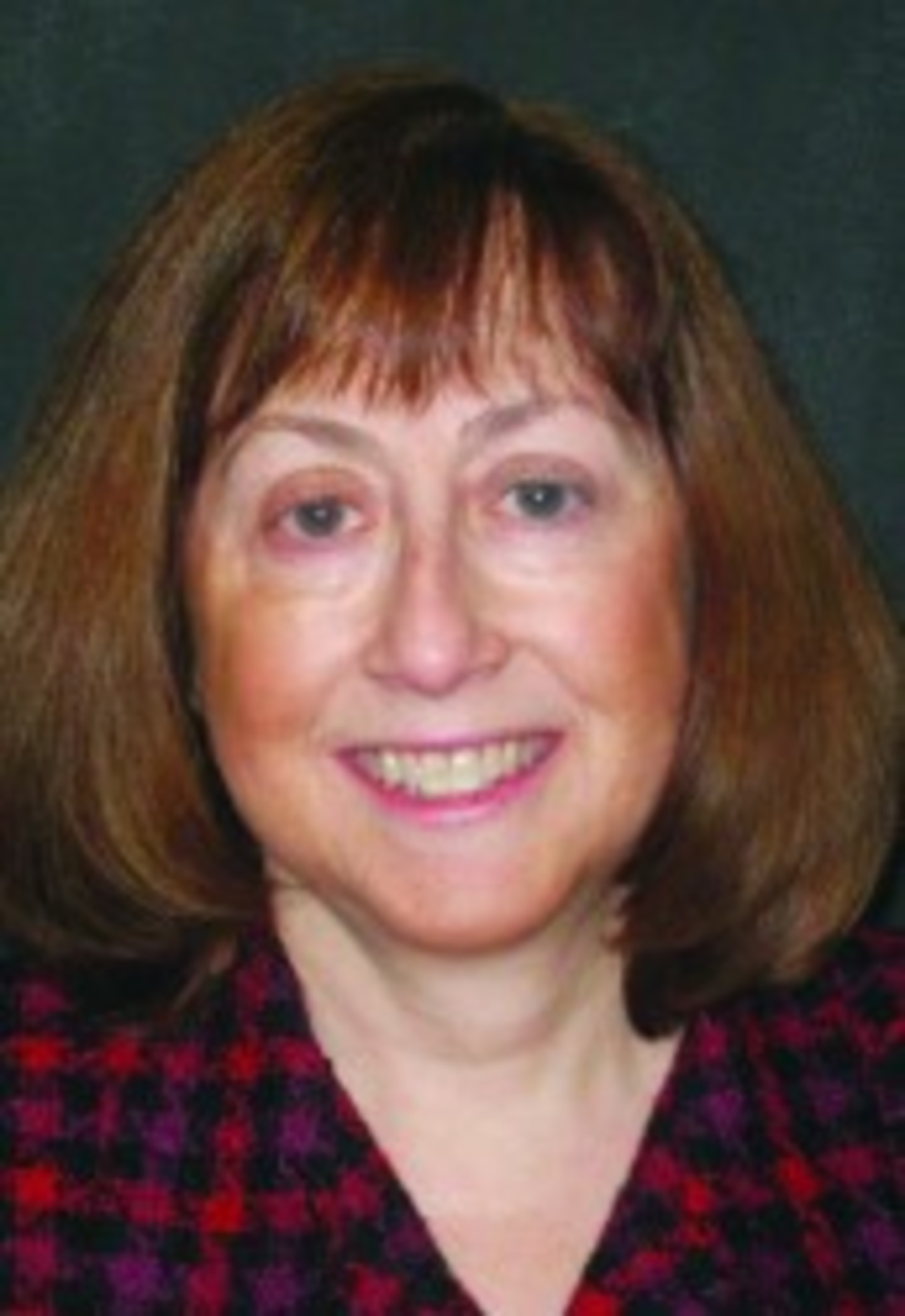Teens learn to advocate for a better world
I had an opportunity to get a glimpse into the future recently. And the outlook is pretty rosy.
I went with a group of Jewish teens from Connecticut to a seminar on social justice. These young people and others from all across the United States took part in a weekend offered by the Religious Action Center for Reform Judaism in Washington, D.C. During the four days of workshops, the teens had an opportunity to learn about national issues through a Jewish lens. These are issues that will impact them for years to come: climate change, voter rights, mental health, reproductive rights, gun violence, Israel and antisemitism. And they learned how to advocate for the issues that mattered most to them and to their lawmakers on Capitol Hill. I was amazed at how engaged, enthusiastic and committed to Judaism these 15-17 year olds are giving up a weekend to study and learn and get to know like-minded Jewish teens.
While I went with a group from Connecticut, teens from reform congregations in the Rhode Island area have been attending this program, called L’Taken, for years.
The focus is not on liberal or conservative issues here. I have no idea how these teens “lean,” and it doesn’t really matter. What matters here is that for an entire weekend, approximately 400 Jewish teens were able to come together, learn and collaborate while celebrating their Judaism from Kabbalat Shabbat at the hotel to a giant Havdalah at the Jefferson Memorial and learn how to find their voices and speak up for what they believe is right. They were often put into groups with those they didn’t know and after just a few minutes, they were talking about home, school, family and how to speak up against antisemitism or advocate for climate change legislation.
The passion was palpable. I listened to the group from Fairfield County, Connecticut, as they talked about how the Sandy Hook shootings impacted their lives. These are kids who were 5 or 6 years old at the time but were touched by this violence and can express quite eloquently their memories and why they believe that controlling gun violence is an important issue for them.
I discovered that antisemitism is a part of all of their lives. And while they have learned to cope so far, they now have new strategies learned from peers throughout the United States.
As adults, we may lament the loss of innocence and the difficulties these teens face. But I distinctly remember a generation of anti-war protests, demonstrations for women’s rights and environmental advocacy.
Some themes may have changed, but the evidence that teens care deeply about their world and want to learn to effectively speak up and give back is there.
There are leadership training programs going on right here in Rhode Island.
The Sandra Bornstein Holocaust Education Center has a year-long Leadership Institute For Teens (LIFT) that brings together students in grades 9-12 to learn the lessons of the Holocaust along with genocide and human rights issues. The students learn how to express their opinions on social issues and become leaders who will inspire fellow teens to stand up for those who are marginalized. The program runs during the school year. This year, which is the program’s first, there are 16 teens participating.
Hazon, a Jewish nonprofit strengthening Jewish life and contributing to a more environmentally sustainable world for all, formed the Jewish Youth Climate Movement to mitigate climate change by empowering teens. Created in 2019, the group has members all over the U.S. including locally at Brown University. Those who attended “A Jewish Response to Climate Change” on Feb. 7 at the Dwares Jewish Community Center heard JYCM member Madelyn Canfield speak passionately about how young Jews need to speak out.
Many of our most pressing issues today have a group or organization ready to help us speak out and make a difference. Our teens are learning that they can make a difference, too. We can all speak out as advocates for a better world if we work together without becoming too stratified. Let’s take a page from the hard work I’ve seen our teens doing. They were more focused on the Jewish heritage that binds them than on the differences that might separate them.
Fran Ostendorf, Editor








